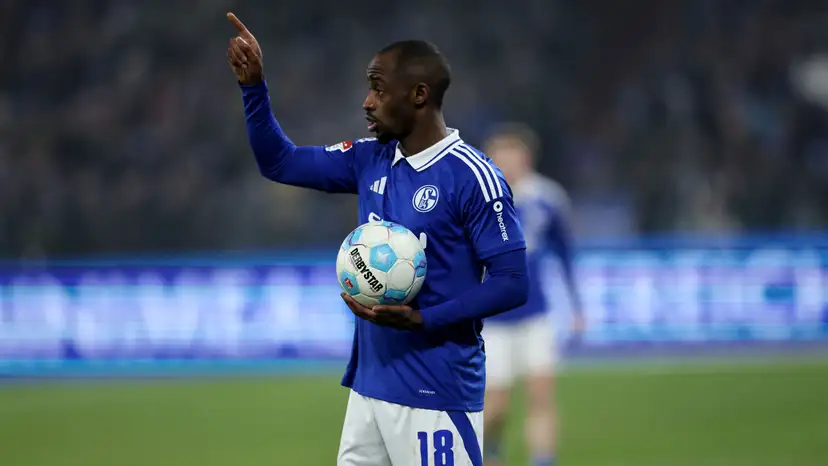
Schalke Stand Firm After Racist Abuse of Antwi-Adjei in DFB-Pokal Clash
Football can be a stage for joy, drama, and collective celebration — but sometimes, it also reveals the ugliest sides of society. Schalke 04’s hard-fought DFB-Pokal win away to Lokomotive Leipzig should have been remembered for a gritty extra-time victory, a place in the next round secured, and the fighting spirit of a proud club. Instead, it was overshadowed by an incident that no player should have to endure in 2025: racist abuse directed at winger Christopher Antwi-Adjei.
What unfolded on Saturday night was a stark reminder that despite progress and campaigns, football in Germany — like football everywhere — still wrestles with racism in the stands. And while Schalke celebrated their 1-0 triumph, the conversation afterwards was rightly dominated by condemnation, solidarity, and the demand for accountability.
Racist Abuse Stops the Game
The incident came early, in the 13th minute, as Antwi-Adjei prepared to take a throw-in on the far side. From the Lokomotive Leipzig stands came discriminatory slurs — loud enough that the player himself heard and immediately reported them. Referee Max Burda reacted quickly, halting the game for nearly three minutes while the stadium announcer delivered a clear warning against racist and discriminatory language.
In that moment, the expectation might have been for the home crowd to show solidarity, to applaud the official stance against racism. Instead, a section of Leipzig supporters chose hostility, booing Antwi-Adjei with every subsequent touch. What should have been a simple act of unity — rejecting hate — turned into a disturbing atmosphere that shadowed the entire game.
Schalke’s United Response
The abuse left Schalke with no choice but to respond — and respond they did, unequivocally. Within hours, statements of support came from the club hierarchy, sporting director Frank Baumann, head coach Miron Muslic, and captain Kenan Karaman.
Baumann summed up the feeling inside the club:
“First and foremost, I feel very sorry for Christopher that he had to hear such words. We condemn this behaviour in the strongest terms and hope the perpetrator can be identified. Schalke 04’s fans and members have made a clear and unequivocal commitment in our statutes and mission statement to fight against discrimination and racism, and as a club and board we represent those values without compromise. We stand firmly by Christopher’s side.”
Antwi-Adjei himself spoke with dignity in the aftermath, telling Sky Sport that it was “very disappointing to have to experience something like this in this day and age. It’s not acceptable. I hope this person reflects on their actions.”
Coach Muslic, visibly upset in his press conference, went further: “I’m disgusted by such comments. We can’t simply file this away after 120 minutes of football. Chris told the team he had been racially abused, and as players and staff we tried to support him as best we could. But this is an issue that has to be addressed.”
Captain Karaman made clear that had the situation escalated, Schalke would not have continued: “This incident overshadowed the whole game. If it had carried on, we wouldn’t have continued. The referee reacted well, but racism has no place in sport — or anywhere.”
Beyond a “Lone Idiot”
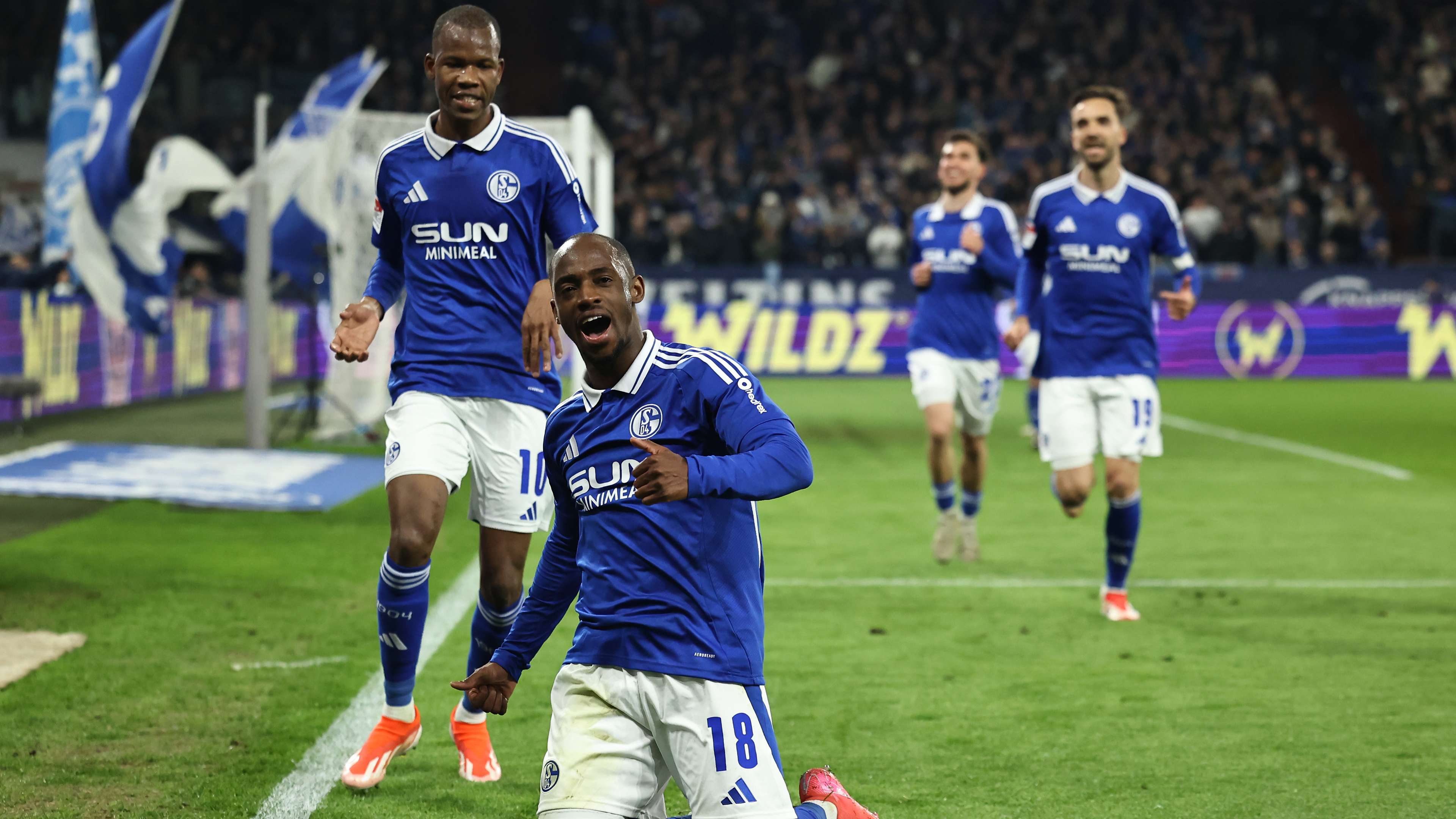
FC Schalke 04 v Hannover 96 – Second Bundesliga
Too often, racism inside football grounds is dismissed as the work of “a lone individual.” But Muslic challenged that narrative directly, pointing to the reaction of the wider Leipzig crowd. Instead of supporting Antwi-Adjei after the announcement, many chose to whistle and boo him — a chilling complicity that made the player’s ordeal even more isolating.
As Muslic said: “We have to fight racism clearly and decisively. Too often it’s downplayed as the actions of a lone individual. I believe the whole stadium sensed what had happened, and yet they whistled.”
This wasn’t just about one voice shouting abuse. It was about the environment that followed — one in which Antwi-Adjei was made to feel unwelcome for the rest of the night.
Schalke’s Long Anti-Racism Tradition
For Schalke, the issue cuts deep into the club’s identity. In 1994, they became the first Bundesliga side to enshrine opposition to discrimination in their official statutes. That commitment has since evolved into initiatives like #STEHTAUF — a club-wide program of awareness weeks, educational campaigns, and collaborations with nationwide efforts like “!Nie Wieder” (“Never Again”).
In Gelsenkirchen, it isn’t just about slogans. Schalke have built a reputation for confronting racism head-on, and Saturday night was another test of that ethos. Their strong statements, the visible support for Antwi-Adjei, and the insistence on accountability weren’t just PR gestures — they were in line with a three-decade tradition of taking a stand.
The Bigger Picture in German Football
This wasn’t an isolated incident. On the very same day, a Kaiserslautern player warming up in Potsdam was also racially abused. Two different cities, two different stadiums, but the same issue.
Germany’s “three-step protocol” for racist incidents — pause, suspension, abandonment — exists to protect players. But protocols only go so far if the culture inside stadiums doesn’t change. As Muslic and Karaman pointed out, responsibility can’t be brushed aside by blaming one fan in the stands. The hostility of the majority, the boos, the whistles — they create a context that allows racism to fester.
What Comes Next
The case has now been reported to police, and investigations are underway to identify the perpetrator. Schalke have made it clear they expect decisive action, not just for Antwi-Adjei’s sake but to uphold the principles they’ve fought for since the 1990s.
For Antwi-Adjei himself, the night will be remembered less for the extra-time winner and more for the ugliness he endured. And yet, his composure in speaking out, his teammates’ visible support, and the club’s united response may help push the conversation forward.
Racism doesn’t vanish because of one awareness week or one campaign. It vanishes when voices inside stadiums — players, coaches, officials, and fans — refuse to normalize it, refuse to whistle along, refuse to stay silent.
Final Thoughts
Saturday night’s DFB-Pokal clash should have been remembered for Schalke’s resilience and progression in the cup. Instead, it served as another reminder of how much work football — and society at large — still has to do.
But in the aftermath, Schalke showed something important: when faced with hate, they stood firm. They spoke out. And they stood shoulder to shoulder with their player.
That solidarity may not erase the abuse, but it sends a message louder than any whistle in Leipzig: racism has no place in football, and Schalke will never compromise on that truth.

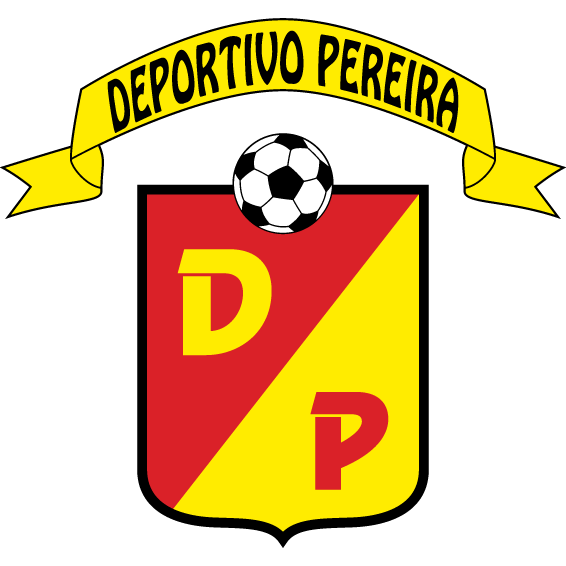
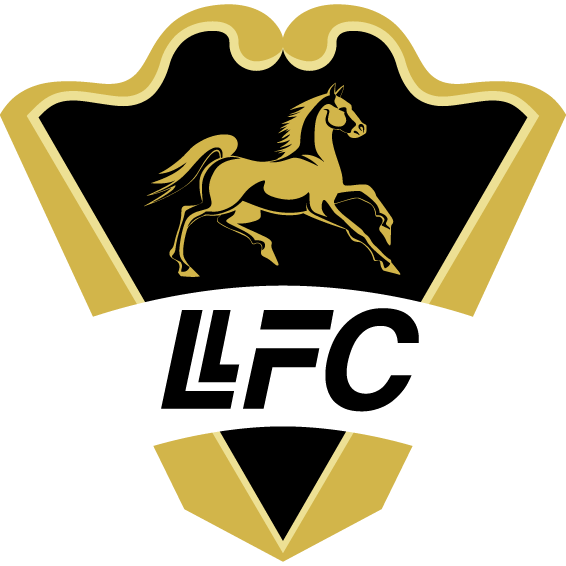

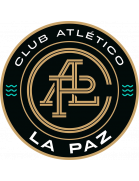
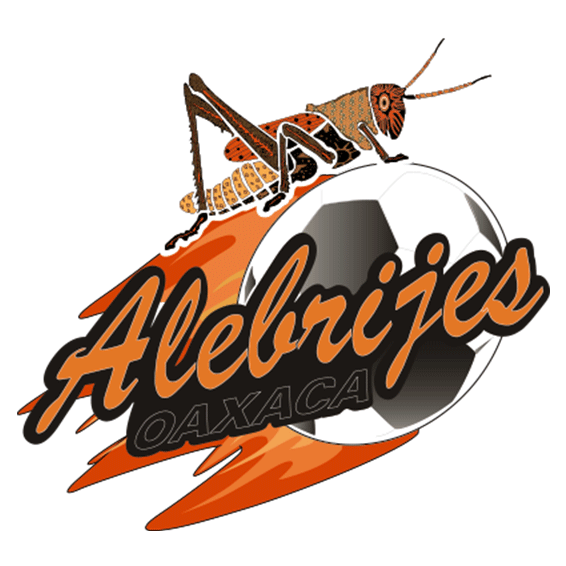
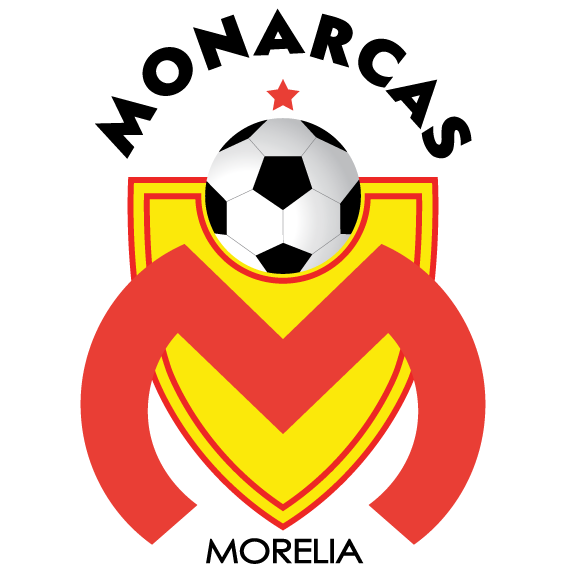
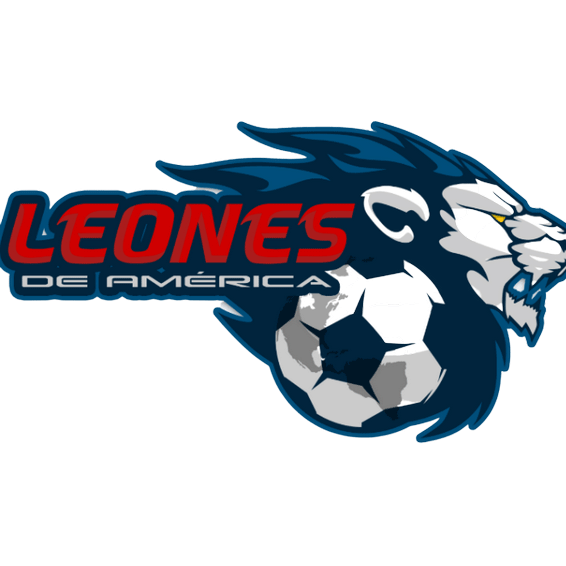
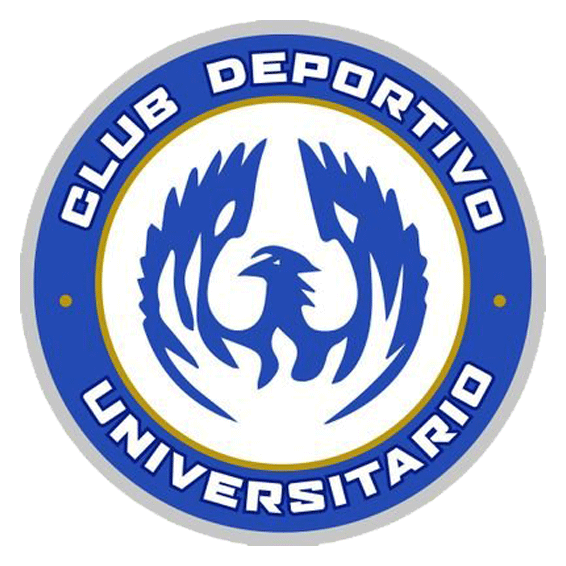
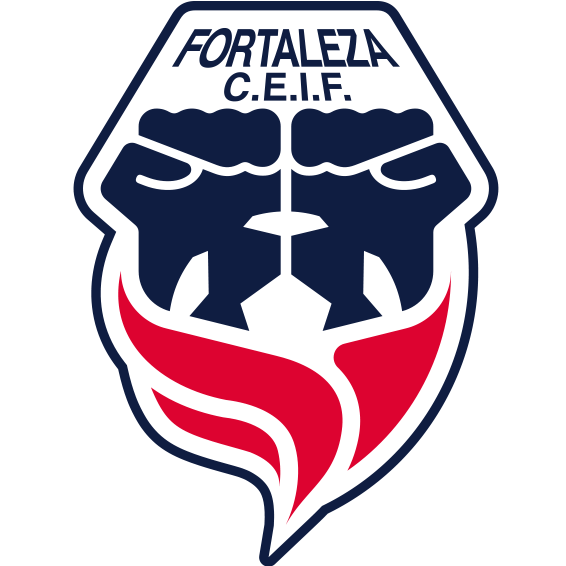


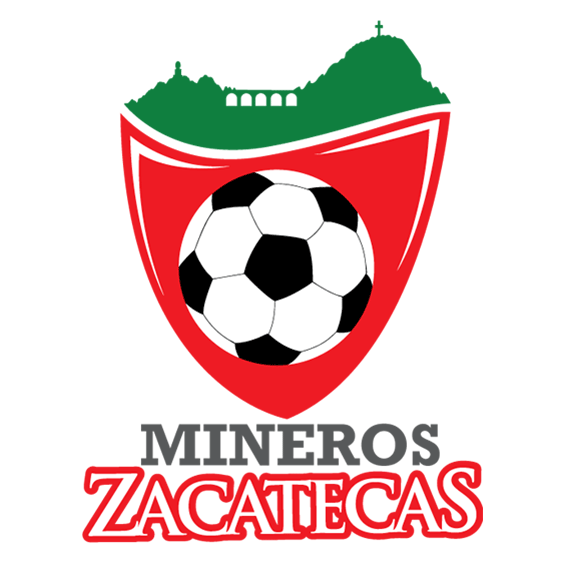
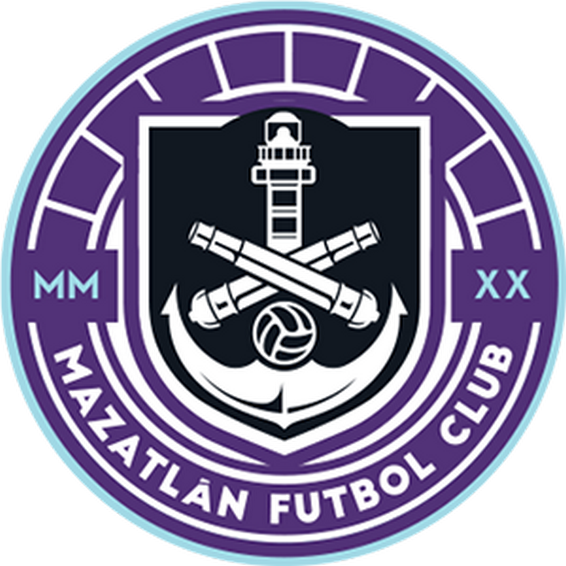
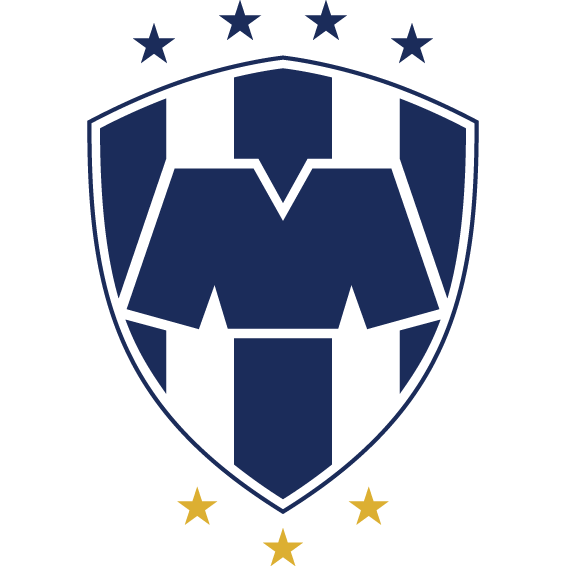
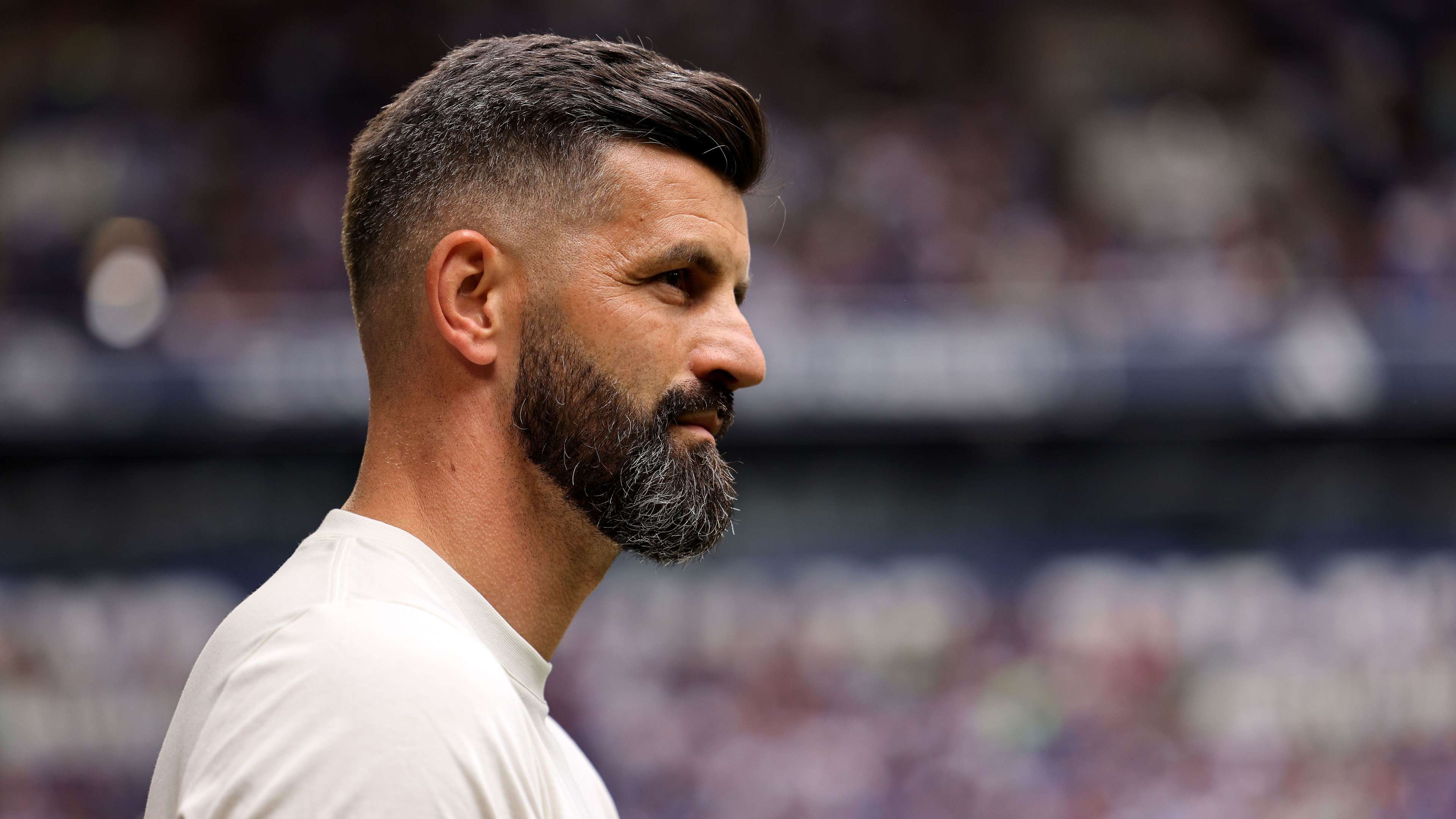























There are no comments yet. Be the first to comment!